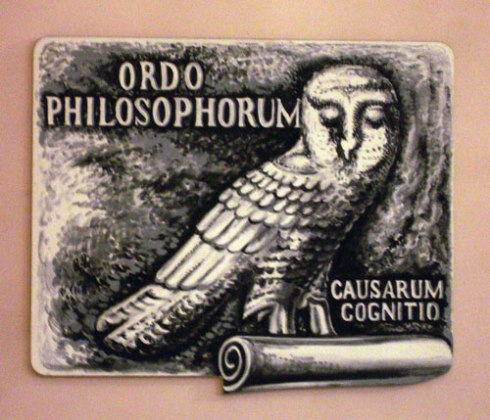What is time? This is a very good question! When I posed it to my boyfriend he replied, “Haha, Do you think I was a philosophy major?” I already established in a prior post that I was definitely not a good philosopher and I guess neither is he. Collectively we decided that the best definition we could come up with is that TIME, “is a thing that happens”. I think that makes sense, the collection of events that have taken place, or will take place. Jeanette Winterson’s science fiction novel, The Stone Gods, delves heavily into the idea of time. She begins her story with the end of the planet Orbus. The human beings, over time, have destroyed the planet and are now in need of a new home to survive. In rolls Planet Blue, a new planet that is untouched by the destruction of time with humans living upon it.
Winterson then jumps us back in time with her second part of her book, to Easter Island and the natives that then lived there. Over time, Winterson writes, that the natives deforested the land they called home. This took away their ability to survive. (Side note: the most common theory of the downfall of Easter Island was due to the introduction of rats through exploration in shipping. They ate seeds and killed off bird populations, which were essential for the fertilization and forestation of the island.)
We are then lead back to Orbus, on a tube where we hear the story of Billie sad childhood. Through out the time of her youth to her age then (roughly in her early 30s), Billie had experienced many things and seen the destruction of the world around her. I am not 100% sure on this, but I think that Winterson is touching upon how different events can change the life a person lives. I think she explores the idea that time is like two train tracks running parallel to one another. That there is more than one “Billie” in the great space of time and there is more than one “Spike”. At the end of the story, I think that Billie finds herself looking at a life the other Billie had lived, her farm was in her view.
I think time is very important, even in Winterson’s stories time was important. There were events that her characters went through due to the passing of time. I think that she puts a lot of enfaces on the relationship of time, humans and the treatment of their planet(s). How even though many events have taken place through history, a lot of them will still reoccur (Orbus and Easter Island). I see Winterson’s book as a challenge to the human race; please don’t destroy the planet we all call home. Winterson want’s us to learn from our histories and to take care of the planet that has given so much to us.
